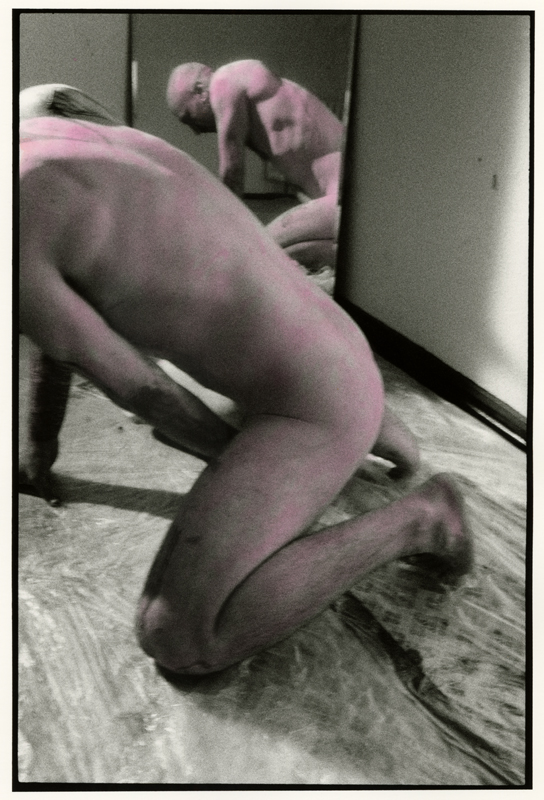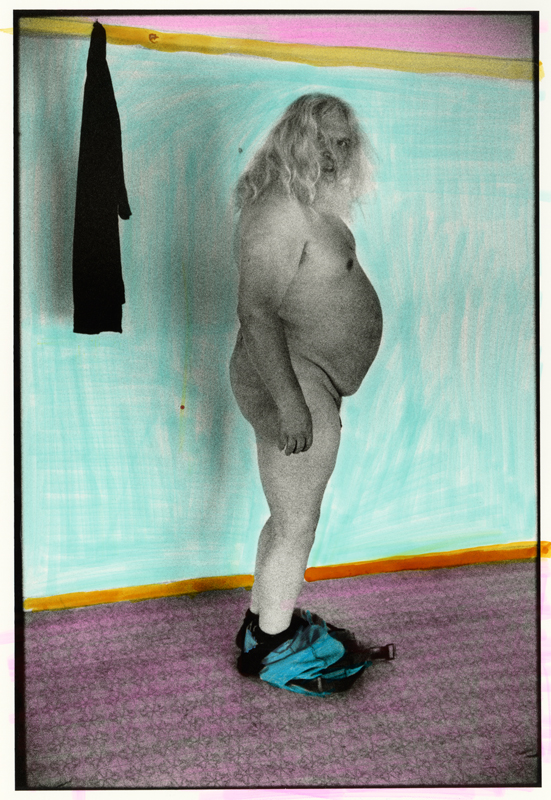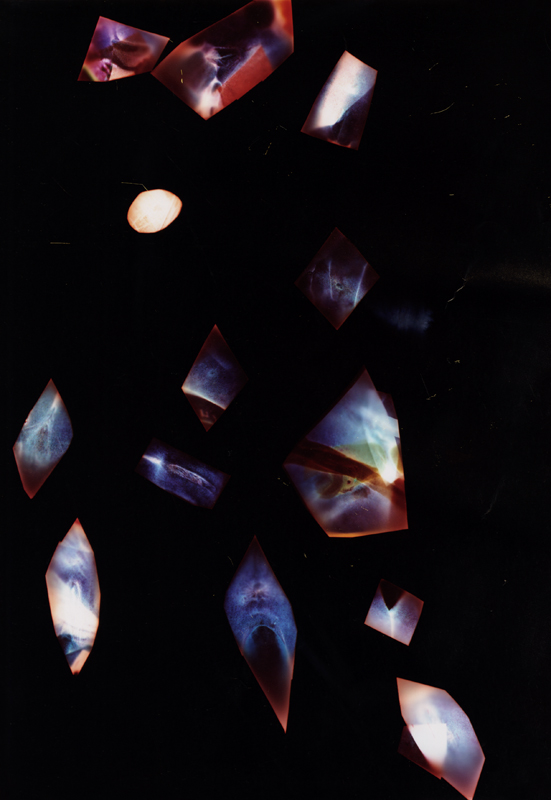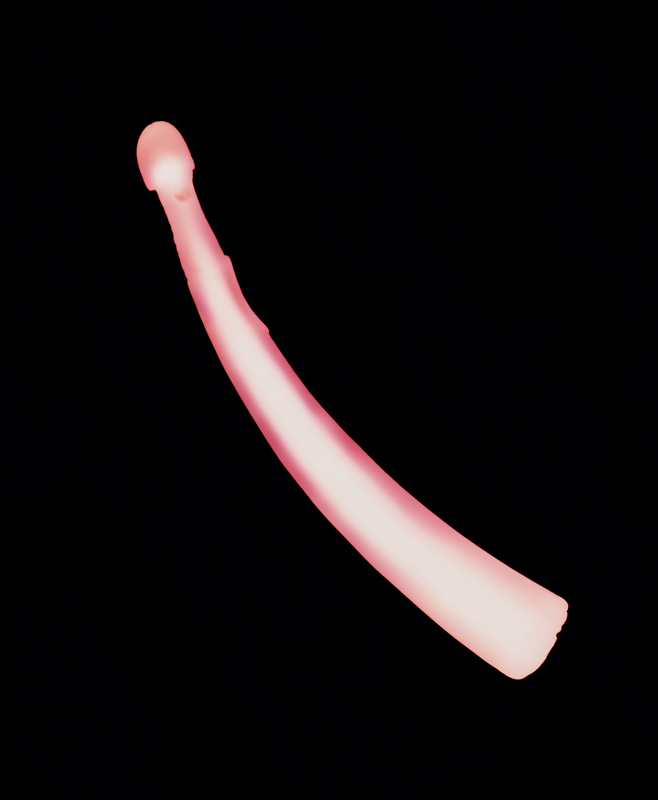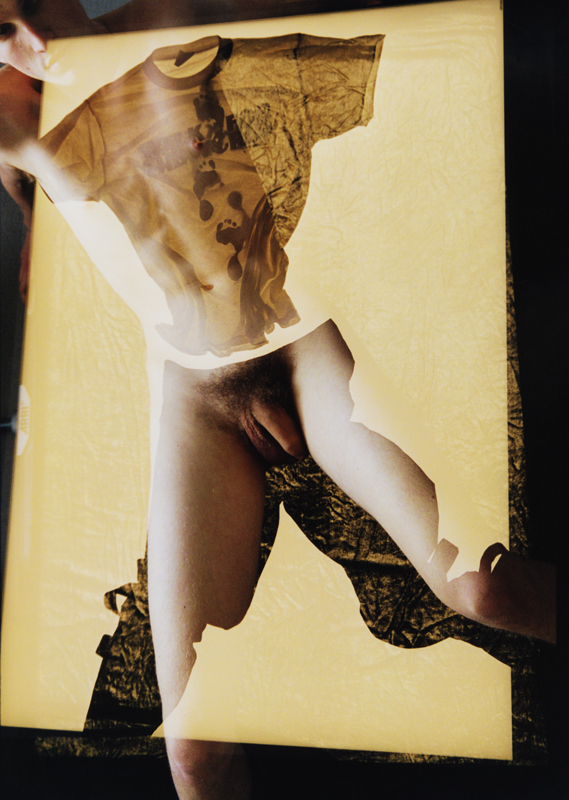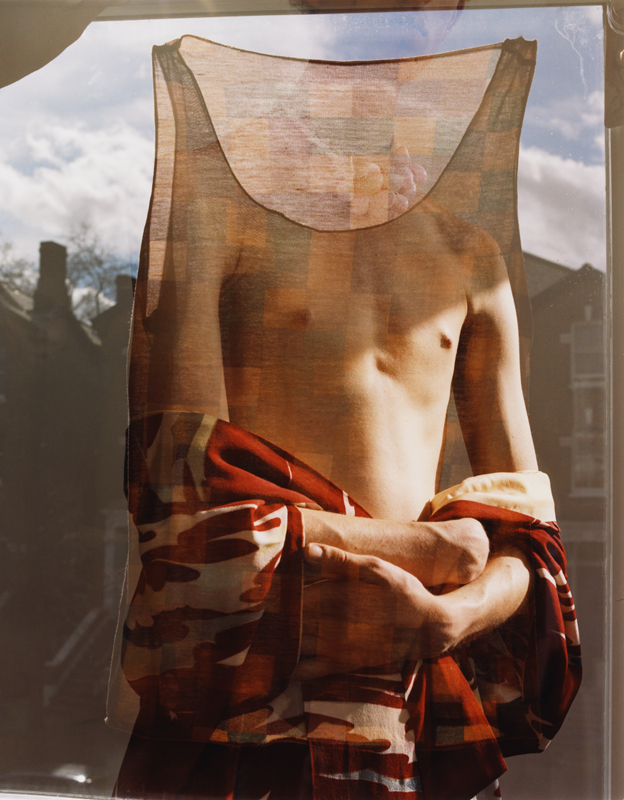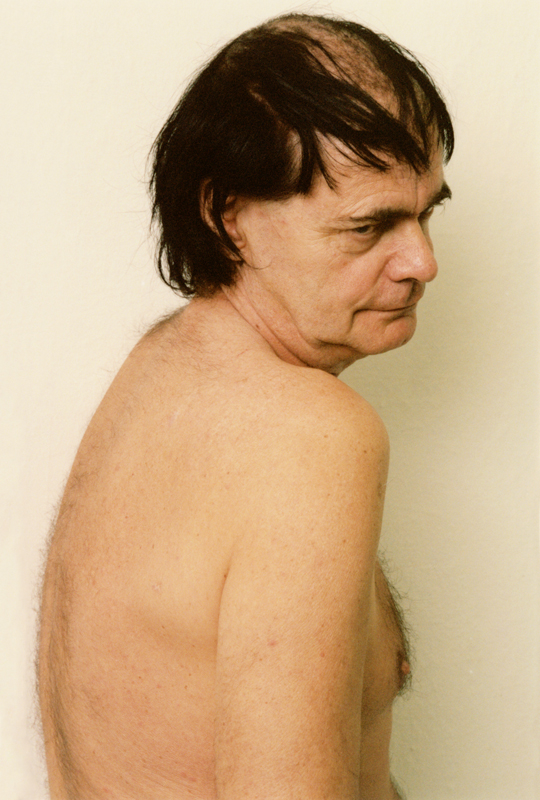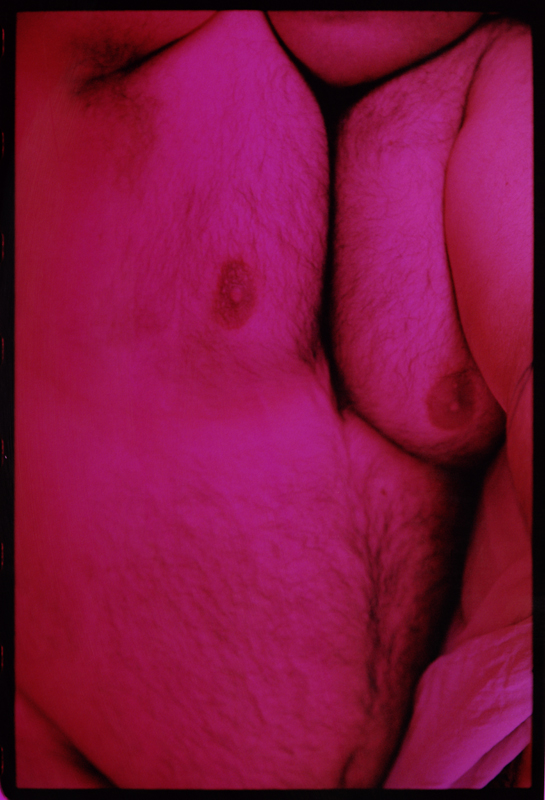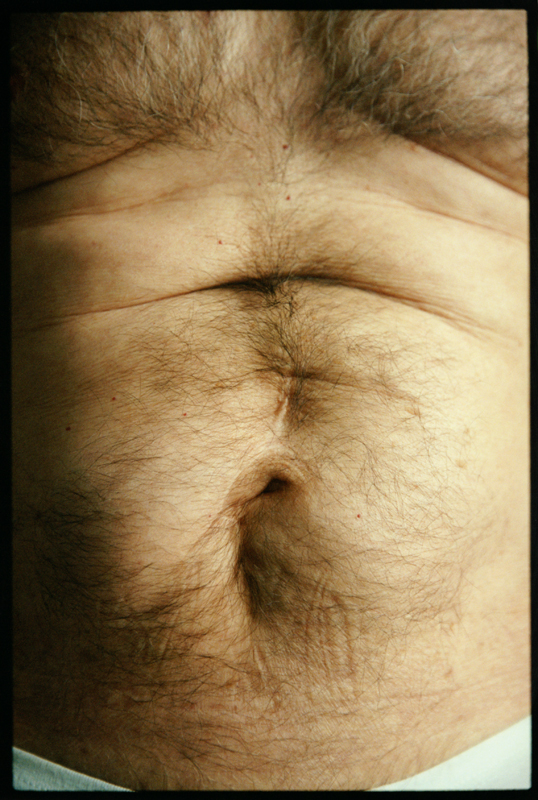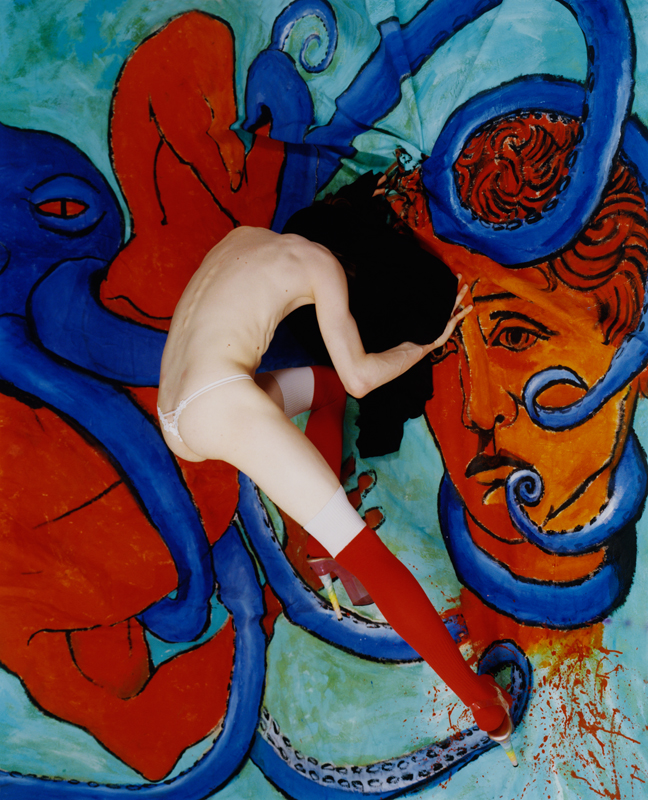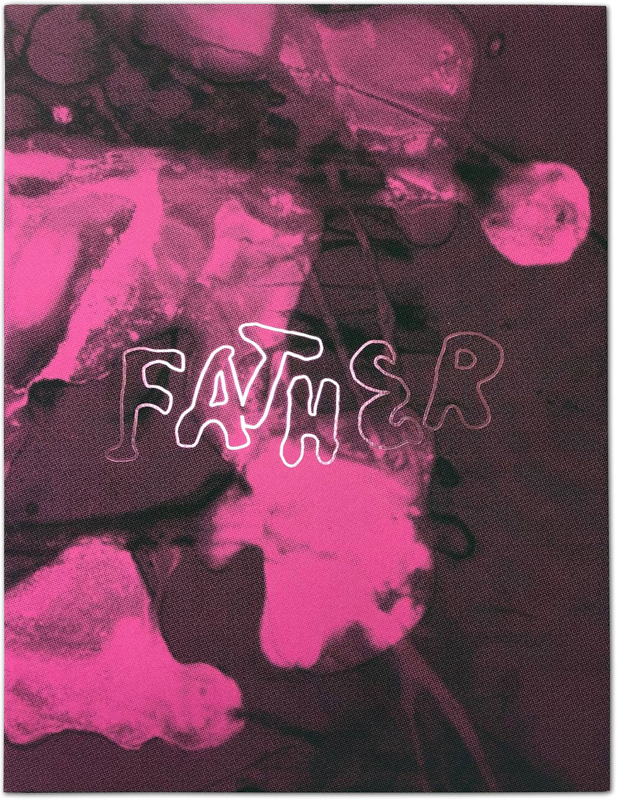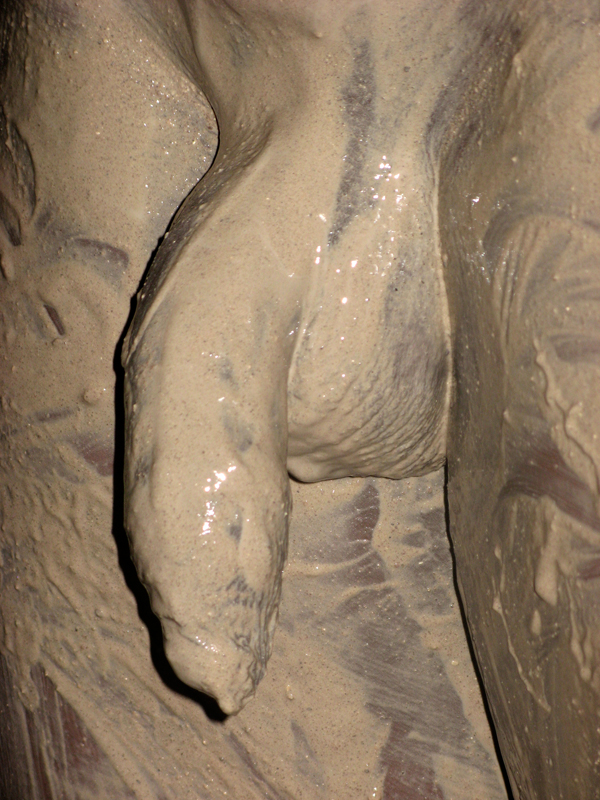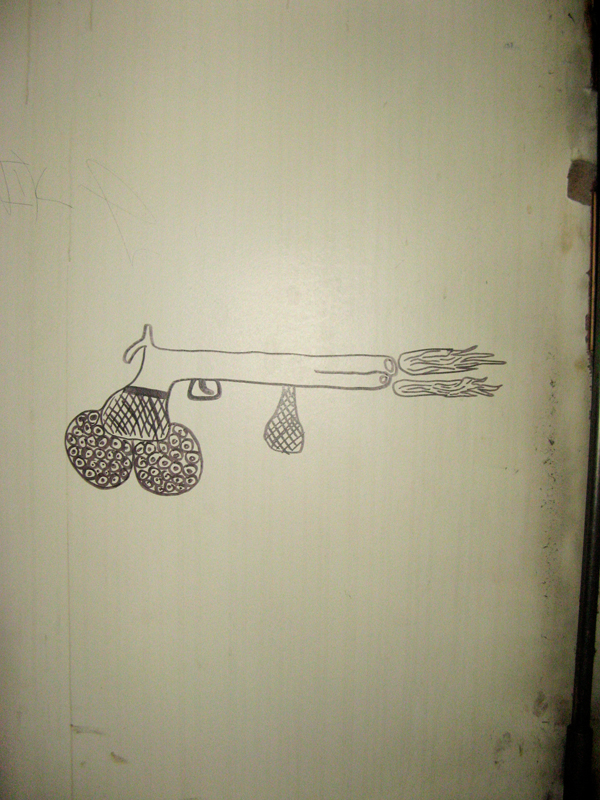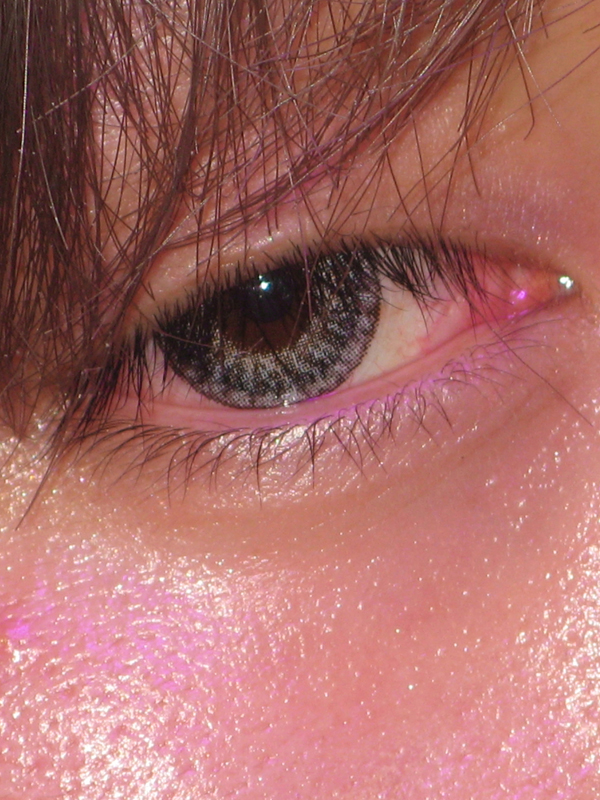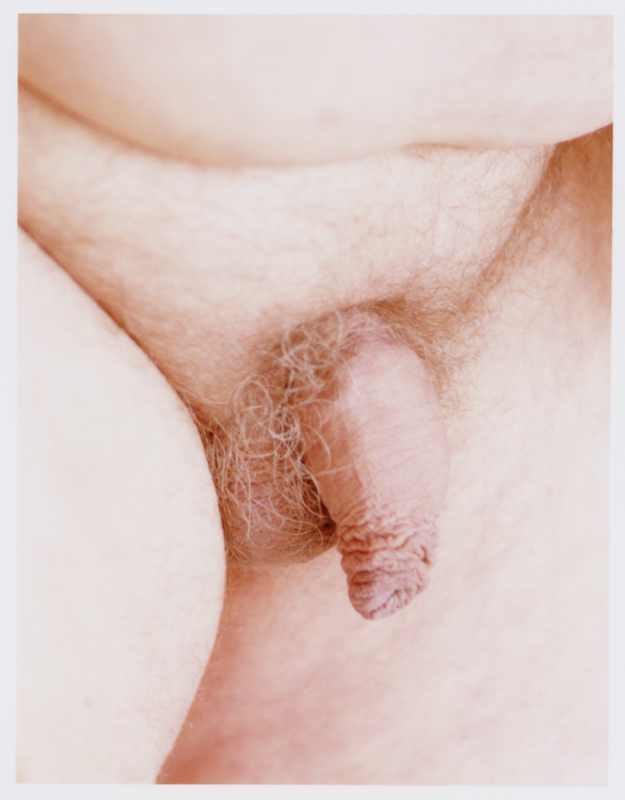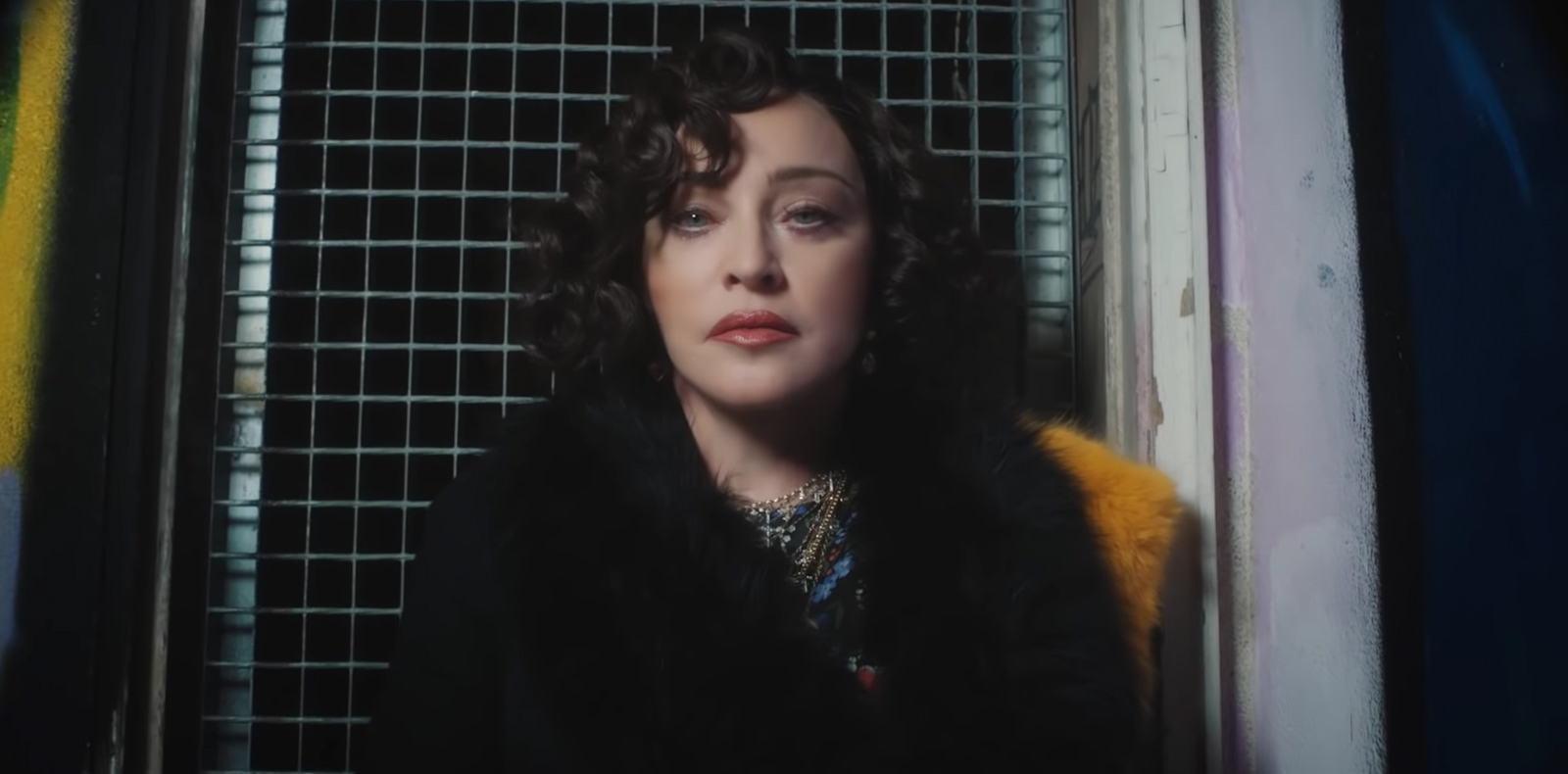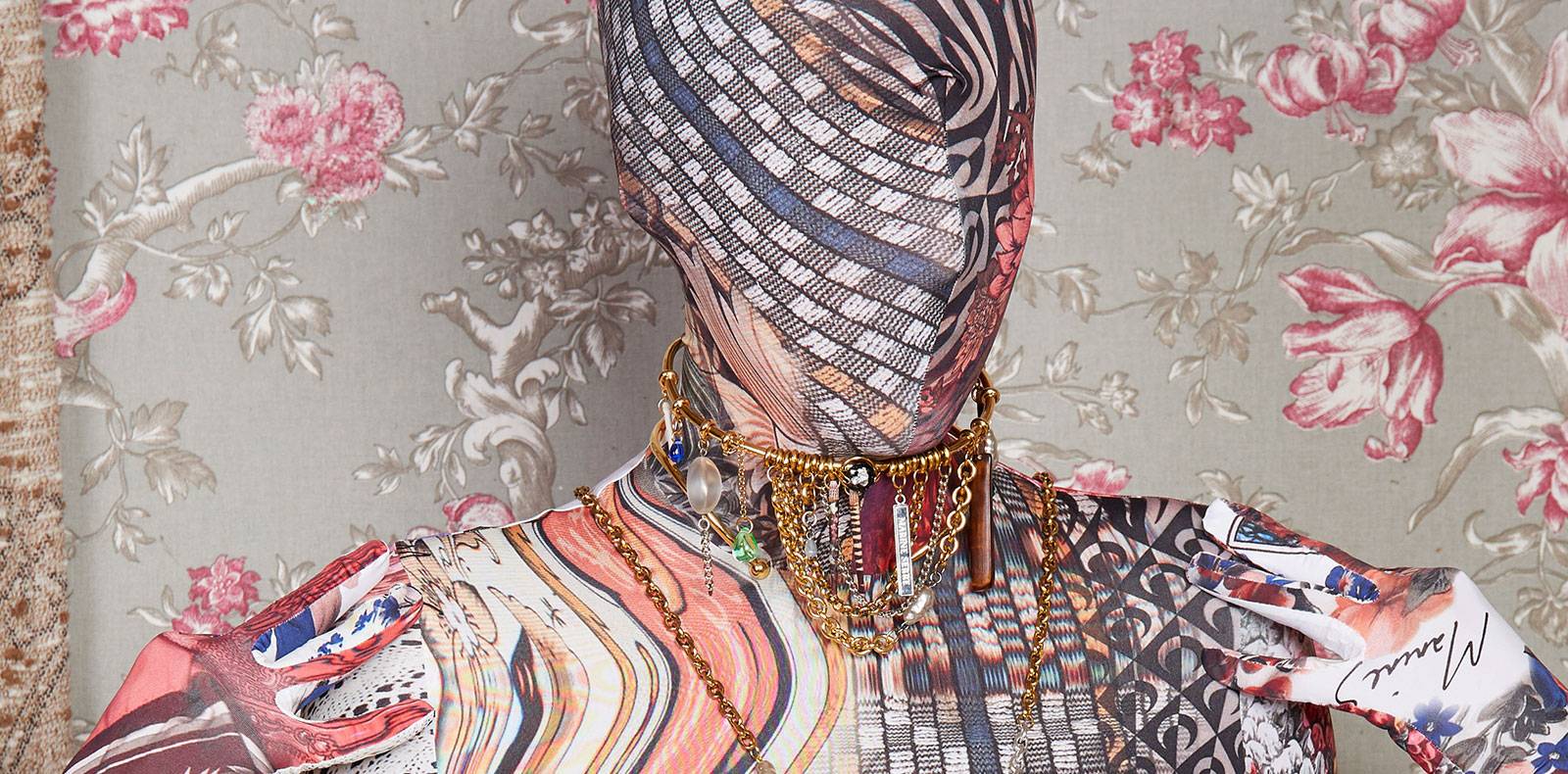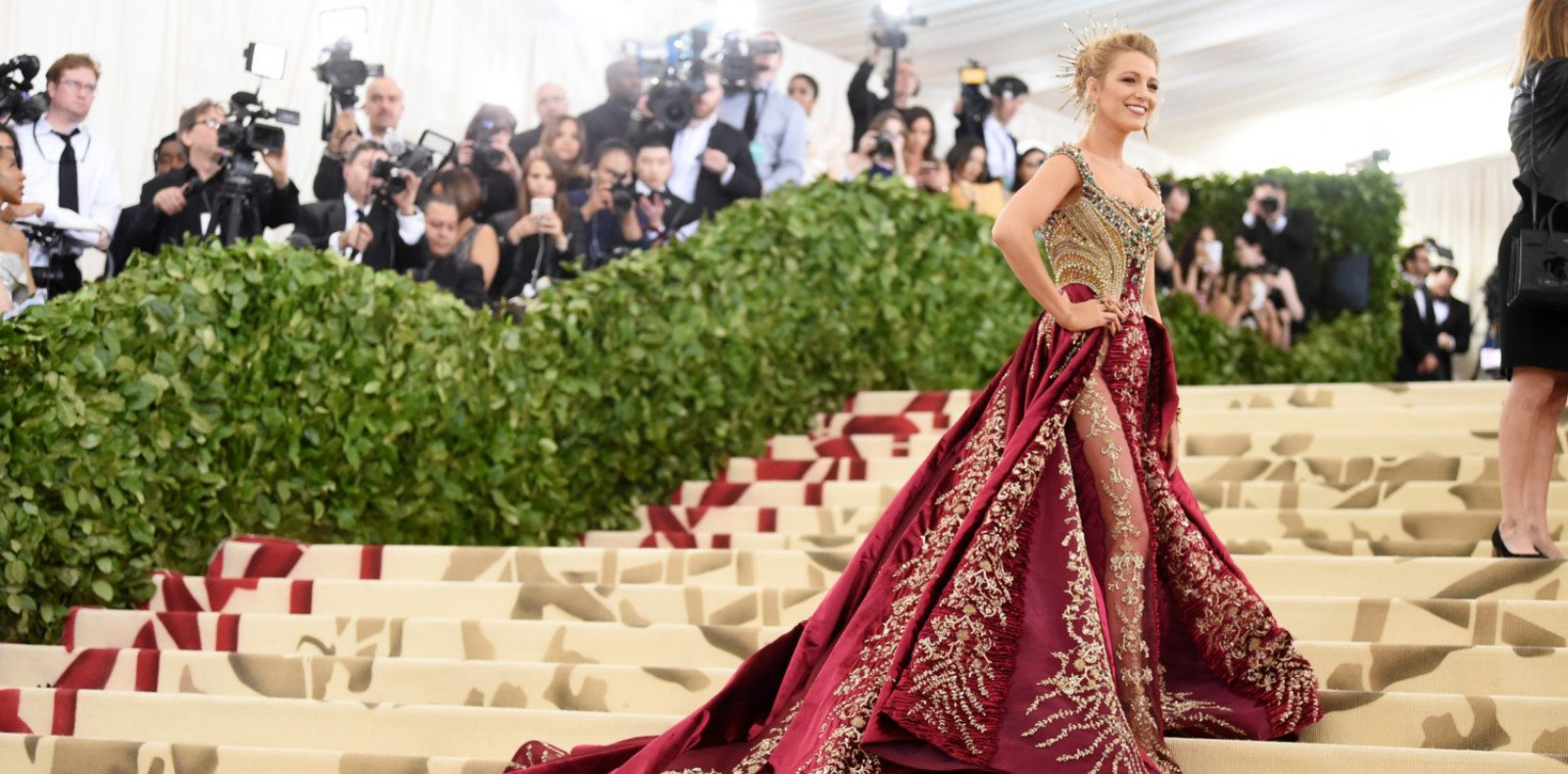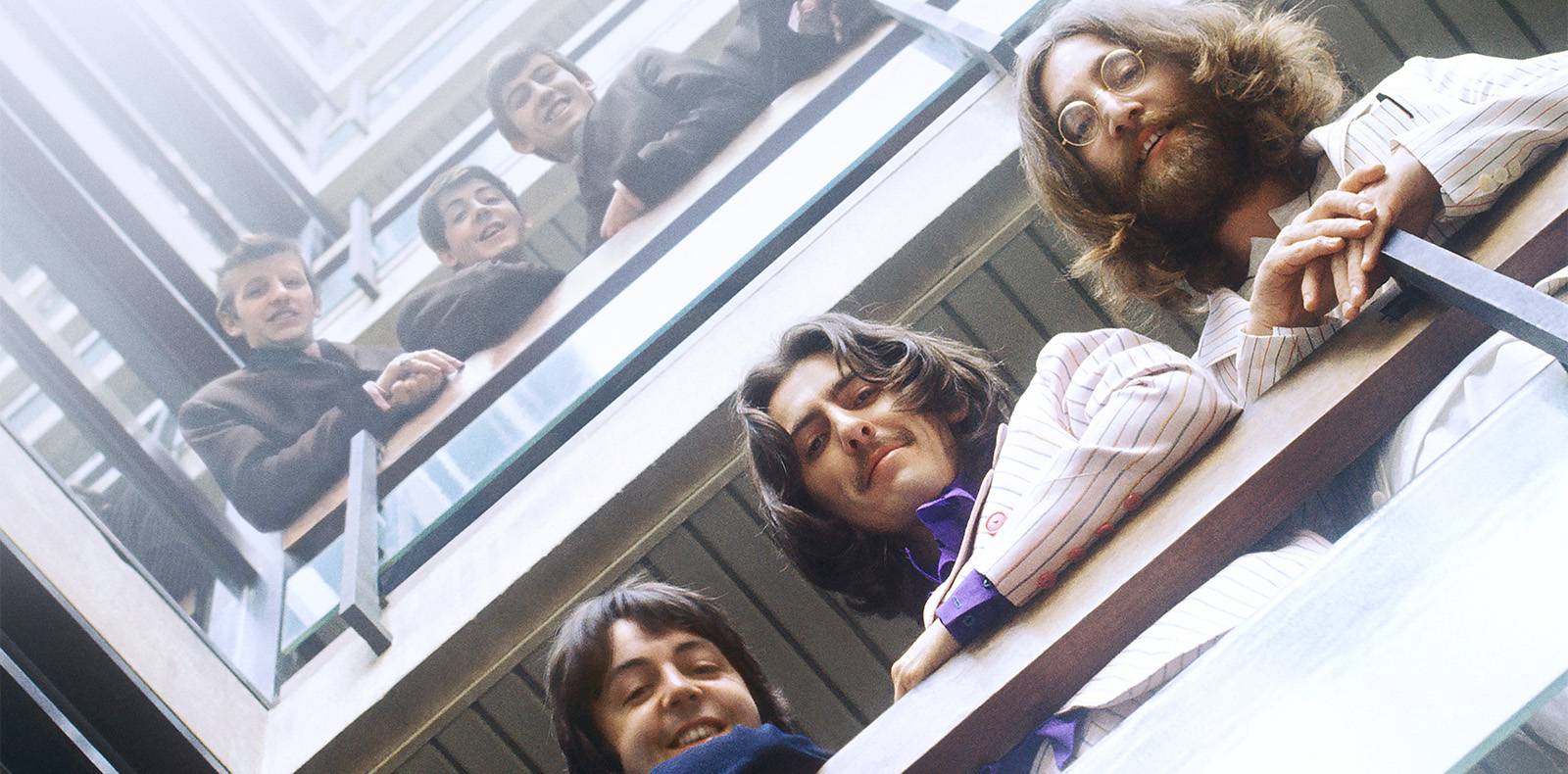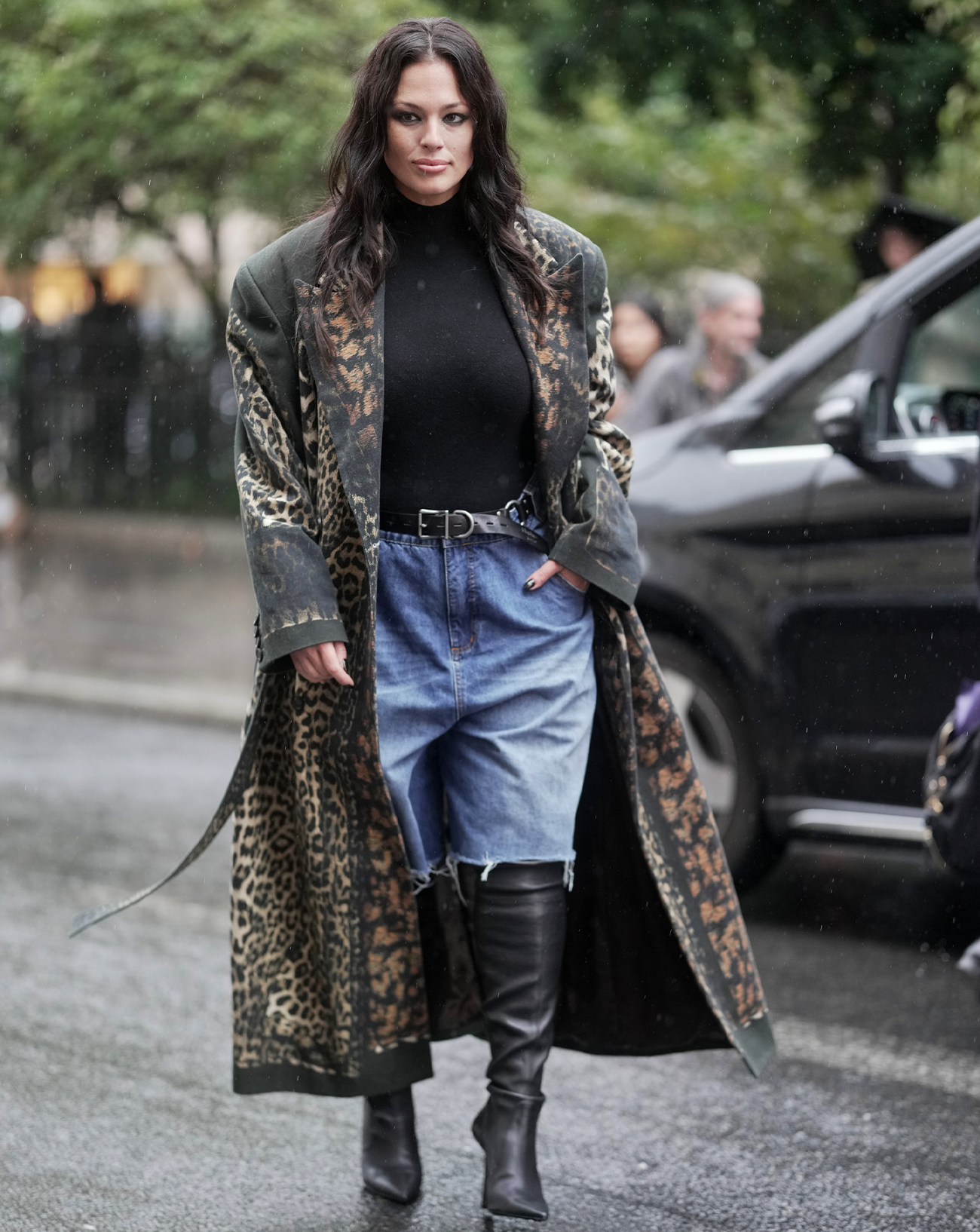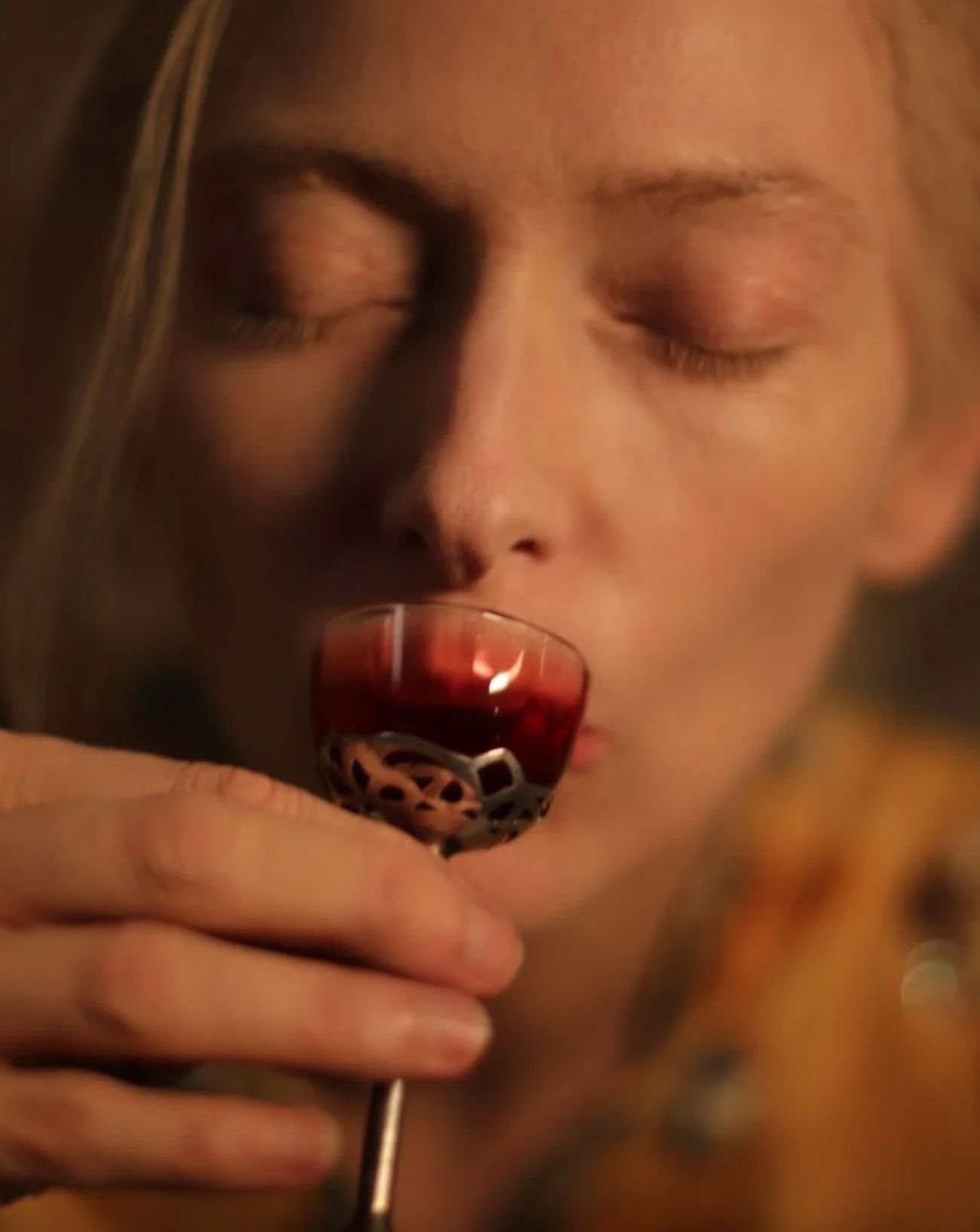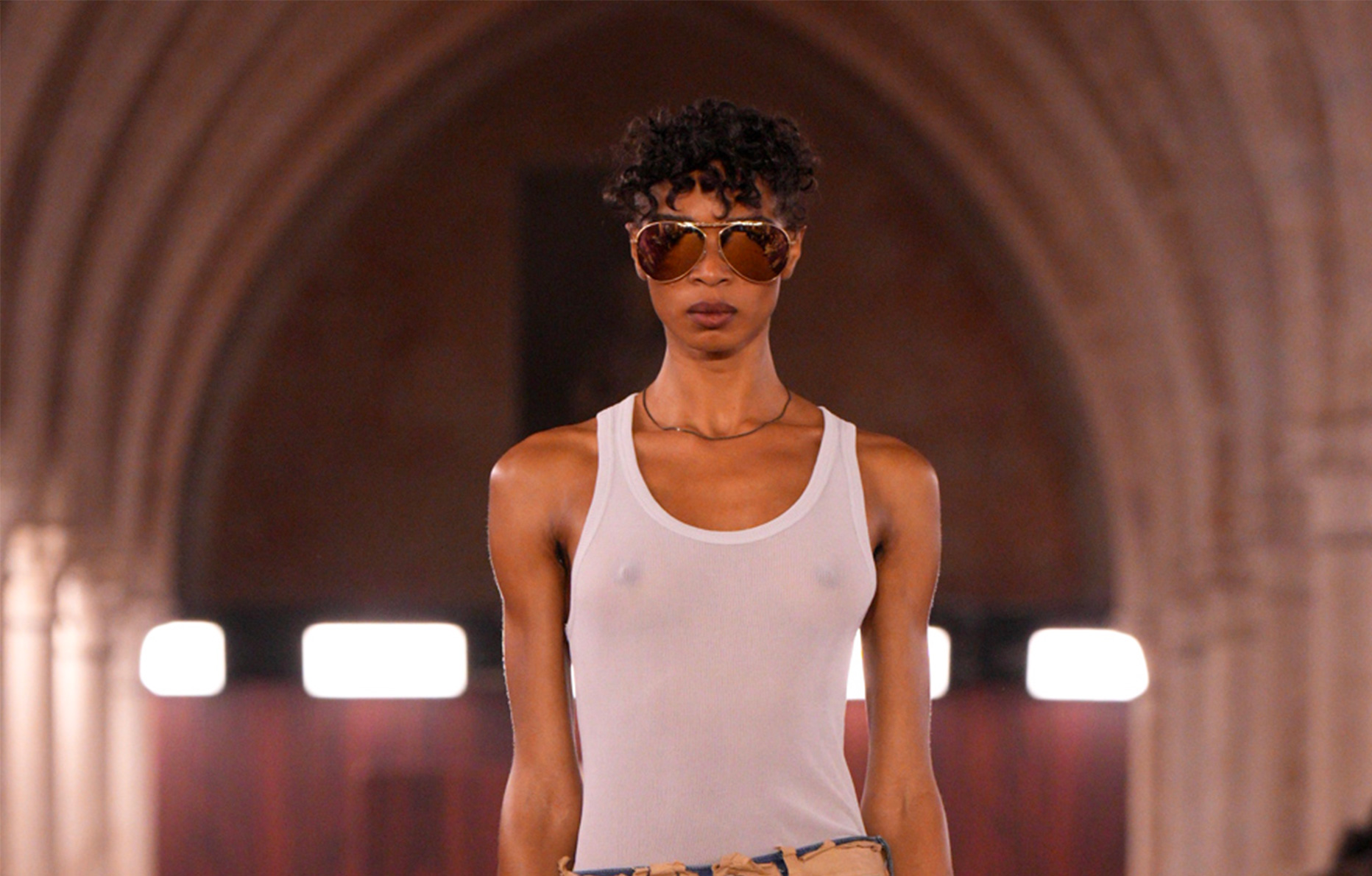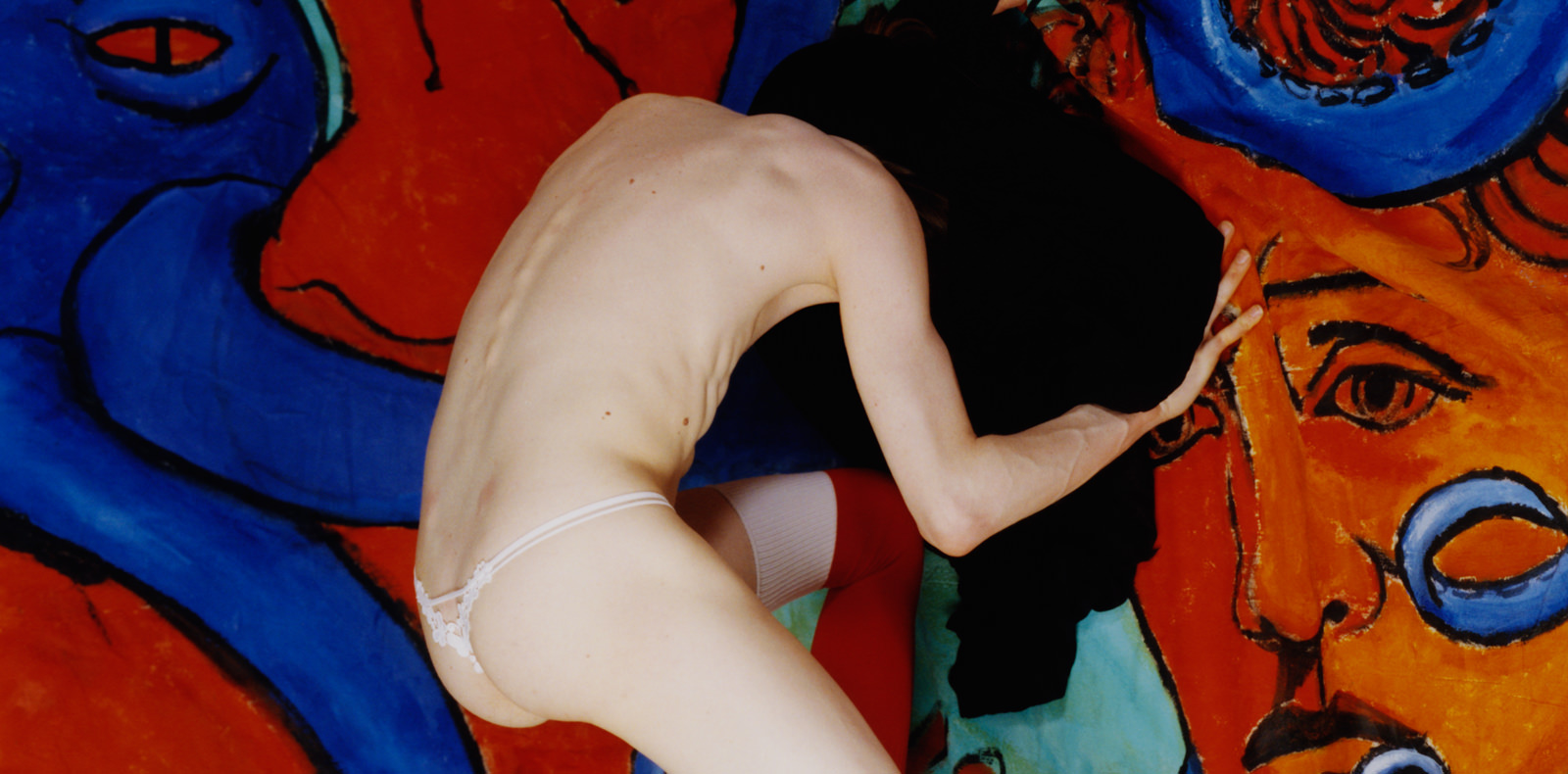
4
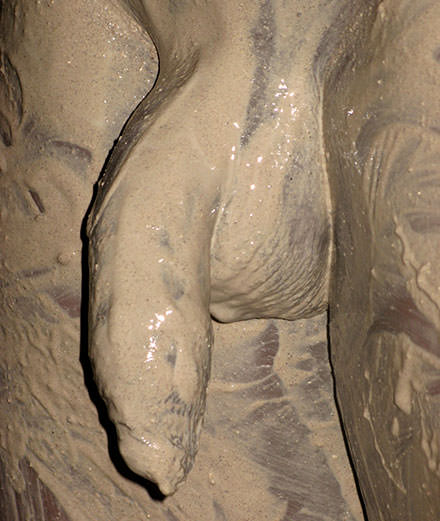
4
Photographer Harley Weir rethinks nude masculinity
With her new book “FATHER” published by IDEA, English photographer Harley Weir presents her vision of masculinity through a series of profoundly sensitive portraits and nudes.
By Matthieu Jacquet.
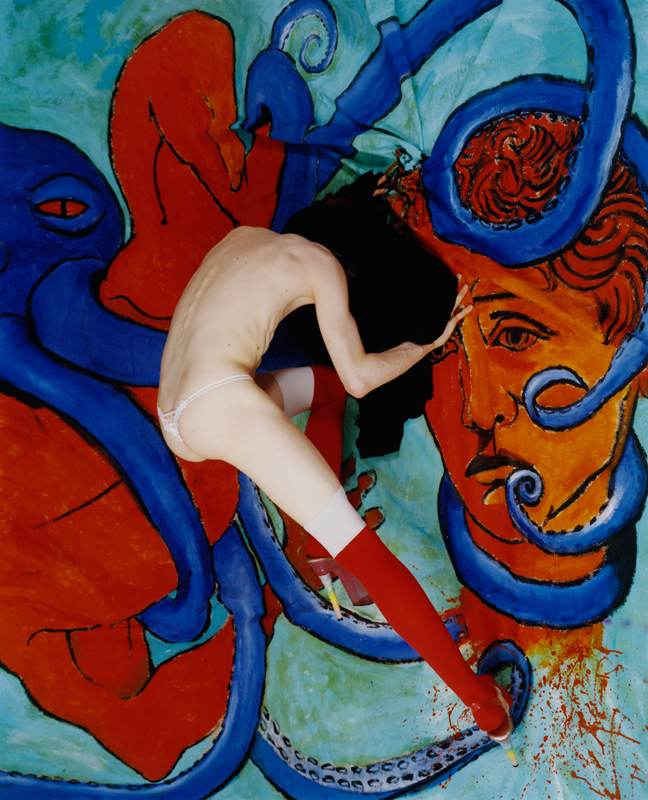
What does the man of today look like? In the light of a fourth wave of feminism, the representation of masculinity is proving to be a particularly contemporary issue. But beyond that, the question of gaze emerges as capital: who produces these representations and what form do they take? In her new book FATHER published by IDEA, the British photographer Harley Weir strives to offer her own answers to these interrogations. Over 176 pages, she reveals her vision of contemporary man in all his forms, moving away from the clichés that corroborate with a presumed perfection.
Born and based in London, Harley Weir has distinguished herself over recent years through her intimate portraits of faces and bodies. In her coloured images imbued with a certain softness, the 27-year old photographer uses a sensual aesthetic where eroticism meets delicacy. Her poetic gaze over both the body and garment has seen her collaborate with numerous fashion magazines and brands, including Jacquemus, Céline and Balenciaga, but also with young designers including Grace Wales Bonner. For the latest edition of Numéro Art, she immortalised the artist Laure Prouvost in Venice, as she took part in the 58th Biennial. In addition to these collaborations, the artist also works as a campaigner: since 2015, she has been photographing waste and plastic residues all over the world in order to raise awareness of its damaging effect on our planet.
Nourished by her travels and various projects, her book FATHER explores masculinity in all its plurality with a sensitivity and sensuality: in it are bodies young and old, sculpted or paunchy, effeminate and transgender. While it appears between the lines, the ancient ideal of the masculine ephebe is far from being the only anchoring point of this chronical of contemporary man, caught on film, from Mexico to Japan. Inspired by the father of the artist, the title of the book also evokes the paternal figure in a broad sense, the primordial and ultimate allegory of masculinity that embodies both his authority, his reference and his transmission.
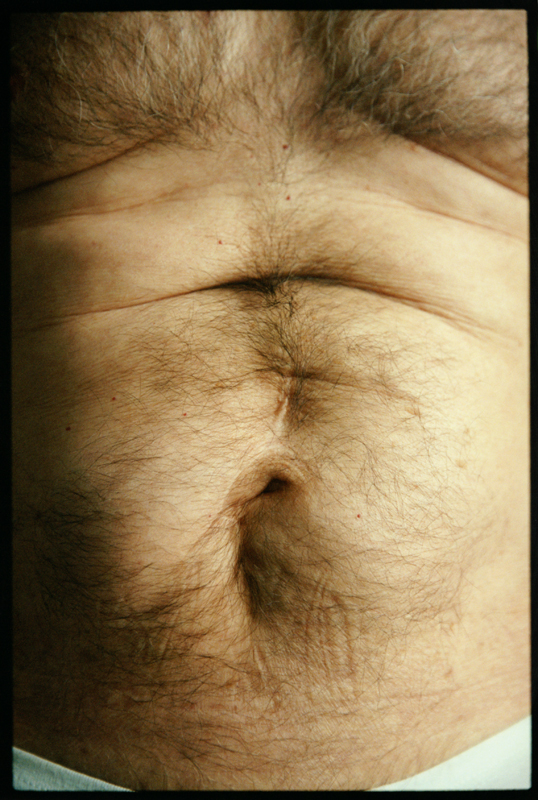
Beyond its sheer diversity, this rich collection is also the occasion for the artist to explore her own desire, by re-appropriating a representation of the nude and sexuality that remains too often dominated by a fetishizing and masculine gaze. Among these portraits, she adds still lifes and photograms – images made without a camera by placing objects directly onto the surface of a light-sensitive material – that punctuate this rich tableau depicting our era. Far from telling the story of a suffocating patriarchy, with FATHER Harley Weir contributes to the redefining of a new masculine aesthetic that imbues its traditional canons with the hope for change.
Harley Weir, FATHER, available since May 16 at IDEA.







